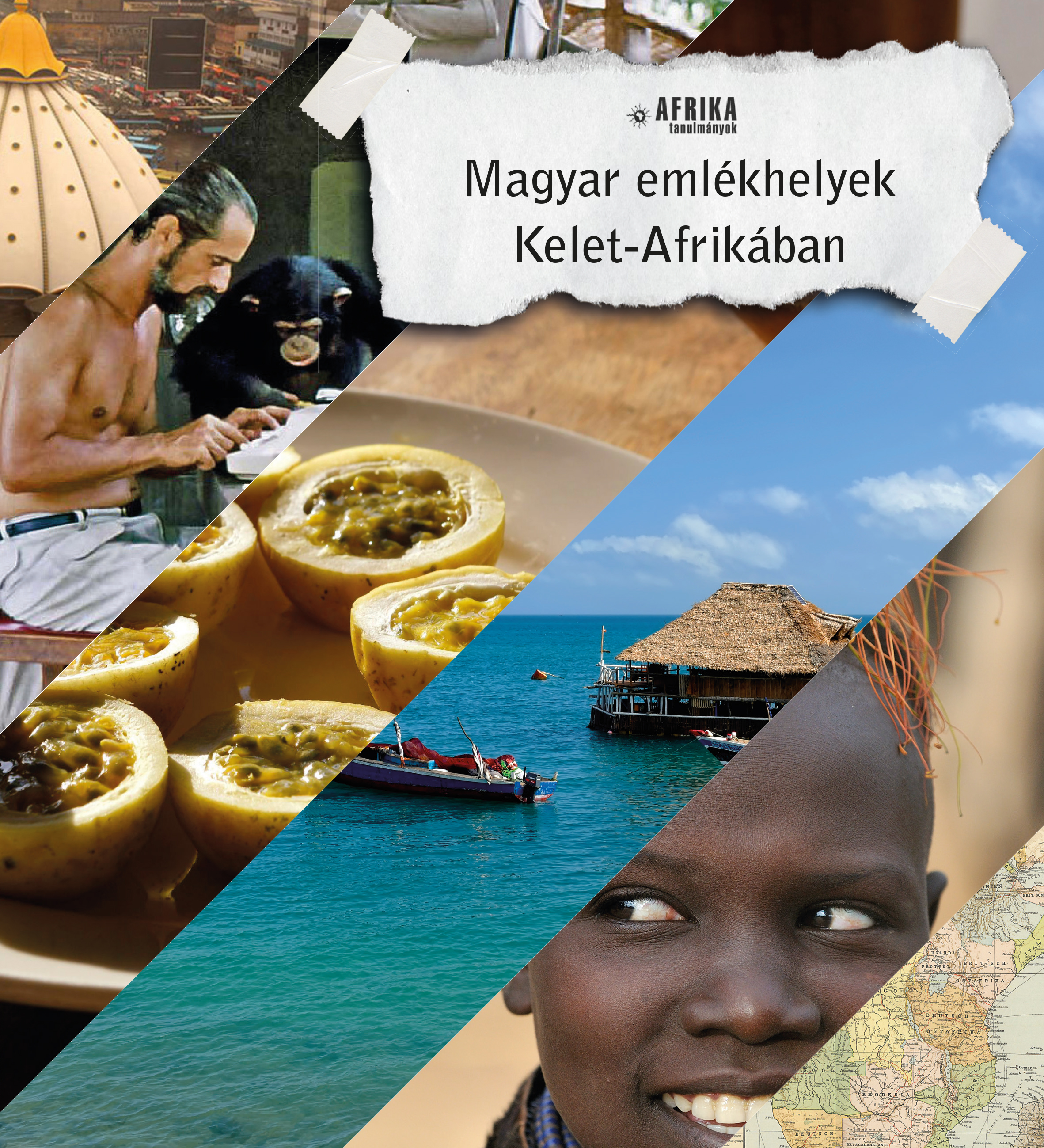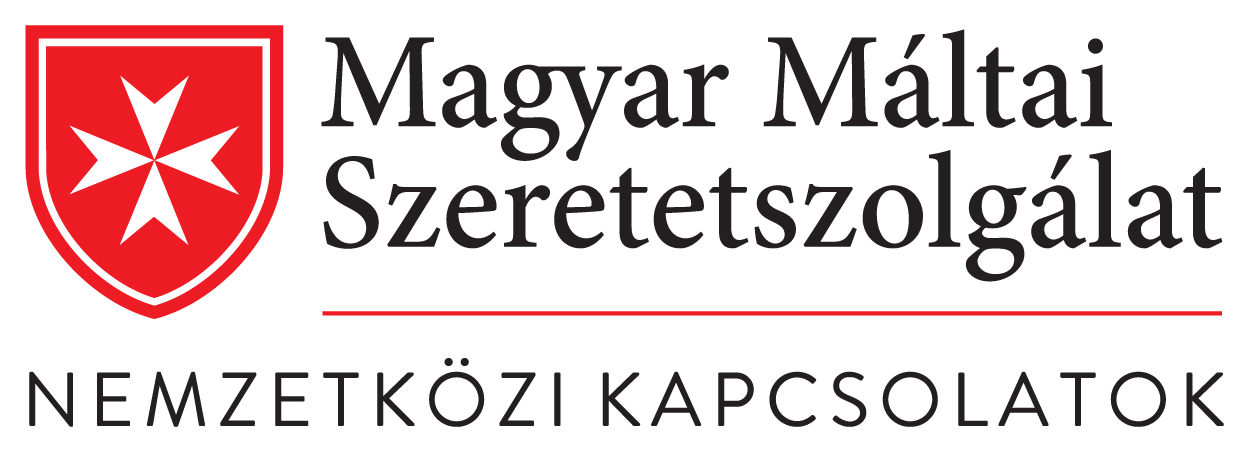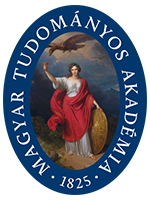Magyar orvosok Kelet-Afrikában
DOI:
https://doi.org/10.15170/AT.2020.14.5.2Kulcsszavak:
Gyarmatosítás , Magyar orvosok, Fertőző betegségek, MisszióAbsztrakt
Az afrikai államok egészségügyi ellátásának gyors fejlődése a gyarmattartók jelenlétével kezdődött, hiszen ezen hatalmak érdeke - a helyi munkaerő és adófizető lakosság egészségének megőrzése - elősegítette az infrastruktúra kiépülését. A tanulmány célja bemutatni, hogy ebbe a folyamatba miképp kapcsolódtak be magyar orvosok, például Mészáros Kálmán vagy Sáska László, s hogyan végezték munkájukat a súlyos körülmények között, gyakran hiányos felszereléssel és gyógyszerek nélkülözése mellet küzdve az emberéletekért. A cikk kitér a szakmai elkötelezettség mellet arra is, hogy a misszióban lévő orvosok hogyan szembesültek az éhínségek, járványok és politikai instabilitás kihívásaival is, szerepet vállalva a függetlenségi mozgalmak támogatásában, valamint a katasztrófa- és háborús helyzetekben történő segítségnyújtásban.
Downloads
Megjelent
Hogyan kell idézni
Folyóirat szám
Rovat
License

This work is licensed under a Creative Commons Attribution-NonCommercial-NoDerivatives 4.0 International License.
















